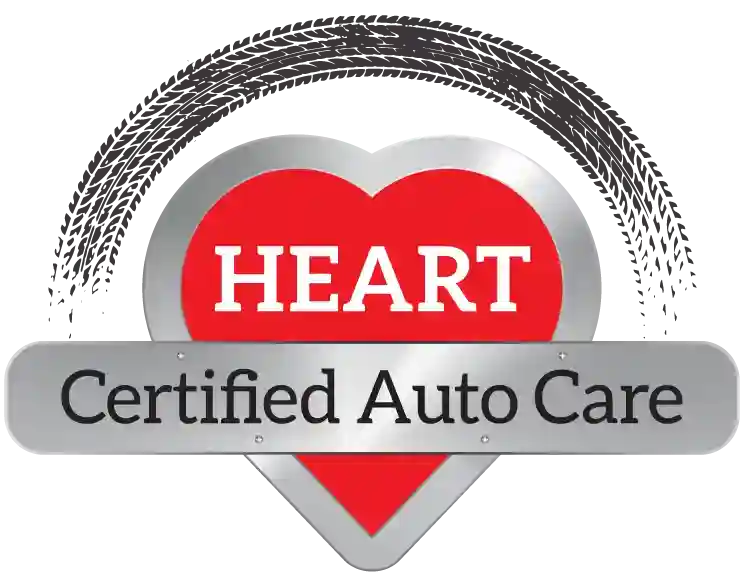Does your car have terrible gas mileage and feel like you’re taking it to a gas station for refueling all the time? If yes, your car may just be a gas-guzzler or an old car that isn’t manufactured according to today’s fuel savings standards.
Gas prices vary widely from country to country and often change due to environmental or political factors. When fuel costs go down, drivers are happy and sigh of relief. On the other hand, rising gasoline prices are frustrating because the cost of refueling is much higher and the monthly budget is strained. So what can a car owner do about it?
Well, the great news is there are actual ways to help with the enhancement of gas mileage in most types of cars, resulting in savings and convenience when it comes to the fill-ups interval.
- Ensure that you are driving on properly-inflated car tires.
Tires that are above or under-inflated can have an effect on fuel line mileage. Motorists can revel in improved gasoline performance of as 3.3%, by plainly preserving right tire pressure.
- Always use the suggested motor oil type by your car’s manufacturer.
This may seem obvious, but some people are trying to save on oil costs by using cheaper varieties. Using the engine oil listed in the owner’s manual instead can improve gasoline consumption by 1-2%.
- Always maintain your air filters clean.
Vehicle filters tend to clog over a span of time, resulting in poor fuel economy and overall performance. For humans, this is synonymous with easy breathing. Even the simplest task requires more effort if something is blocking the airways. Clogged air filters can have a similar effect on cars. Simply replace it as needed to accelerate the vehicle and improve fuel economy.
- Ensure that your engine is happy.
A properly maintained engine enhances fuel efficiency by up to 4%. If you don’t know how to keep it running efficiently, you can make an appointment for tuning at a trusted workshop.
- Prevent issues by doing needed repairs sooner rather than later.
If your vehicle is malfunctioning, for example, due to a defective oxygen sensor, such as a component failure, repair or replace it immediately. Depending on the parts and systems you are repairing, it can have a serious impact on fuel economy.
Relevance of Preventative Maintenance
The best way to achieve and maintain optimal fuel efficiency is to actively engage in car maintenance. If you don’t know the preventive maintenance schedule for your private car, do not hesitate to book an appointment with us as we, here at HEART Certified Auto Care, will be happy to help you. Regular inspections and repairs keep your vehicle in top condition and save you money in the process.




